Tradiciones electivas
cambio, continuidad y ruptura en historia intelectual
DOI:
https://doi.org/10.1590/2236-463320140701Palavras-chave:
tradición, modernidad, historia intelectualResumo
This essay begins by questioning certain common places regarding such
dichotomies as modernity vs. tradition, rupture vs. continuity, stereotypes
still circulating among those historians who present a direct opposition
between both poles, as if they were radically incompatible factors,
mutually exclusive vectors. To this end, it emphasizes the dynamic nature
and the productive dimension of tradition, understood to be a fundamental
ingredient and irreplaceable mechanism in processes of change and
intellectual innovation. The article underlines the fact that modern times –
and their revolutions – are a prolific laboratory of what the author calls
“elective traditions”. By means of these, diverse collective actors in the
making – political parties and ideological movements, nations, classes,
etcetera – build themselves, adopting different ad hoc pasts: from the
variegated store of the past, their leaders and ideologists select certain
characters, events and canonical texts with which they shape narrative
identities, long-term historical currents and ongoing trajectories in which
these actors identify themselves and to which they subscribe with a view to legitimizing their future projects. In this way, the moderns choose their
purported predecessors, presenting themselves as their heirs. The focus of
“elective traditions”, this article suggests, might shed light upon certain
aspects of the history of ideologies and of political and social movements
in recent centuries.
Métricas
Downloads
Downloads
Publicado
Edição
Seção
Licença
Copyright (c) 2022 Javier Fernández Sebastián

Este trabalho está licenciado sob uma licença Creative Commons Attribution 4.0 International License.

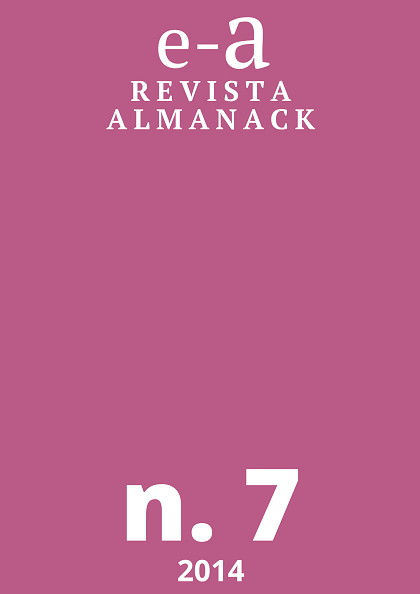
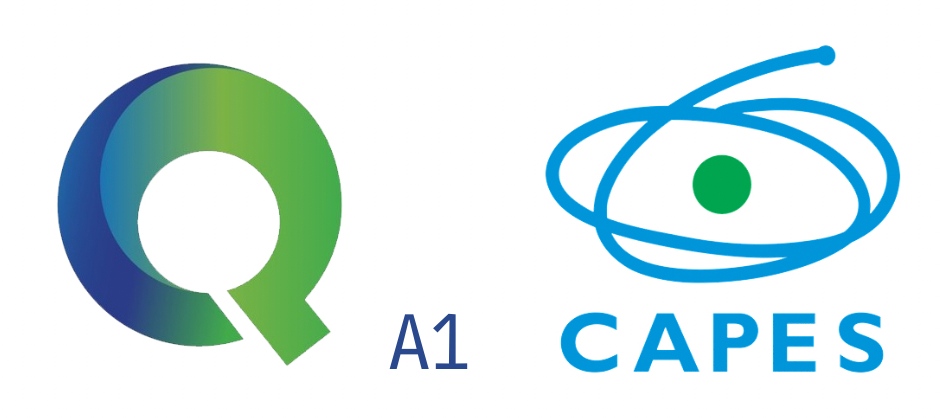
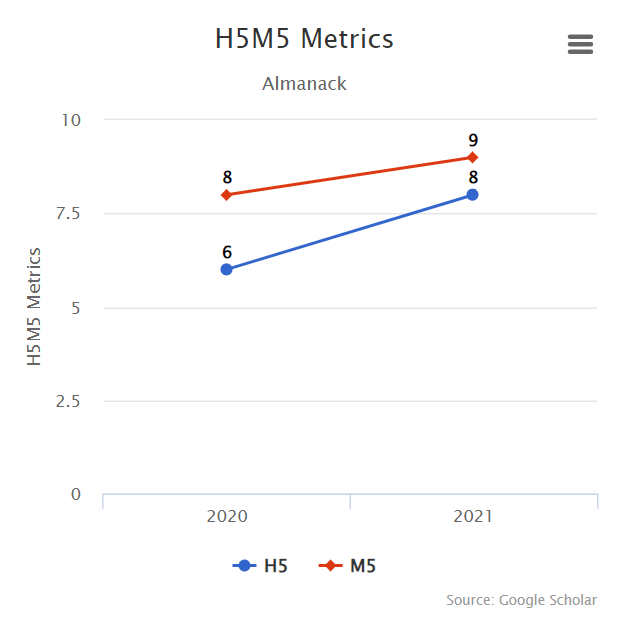

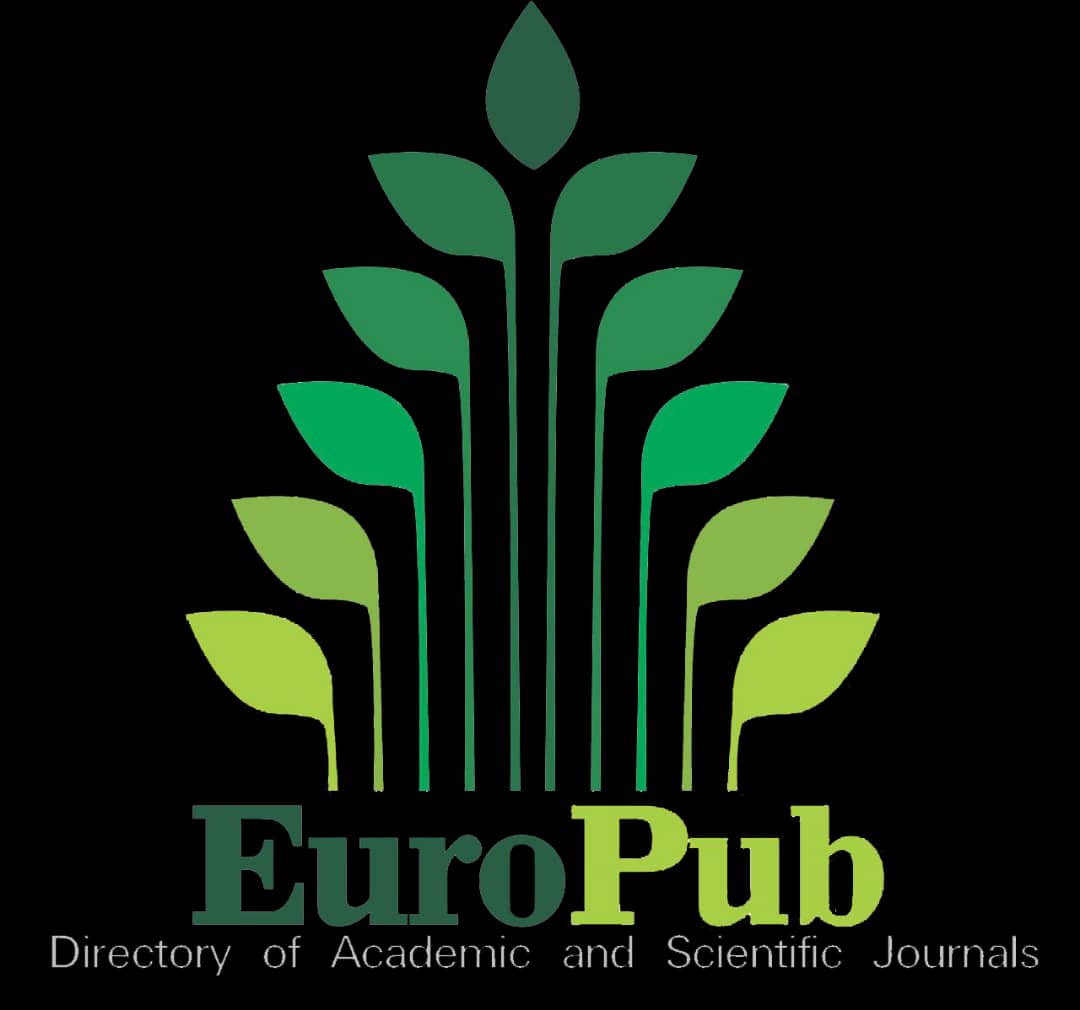

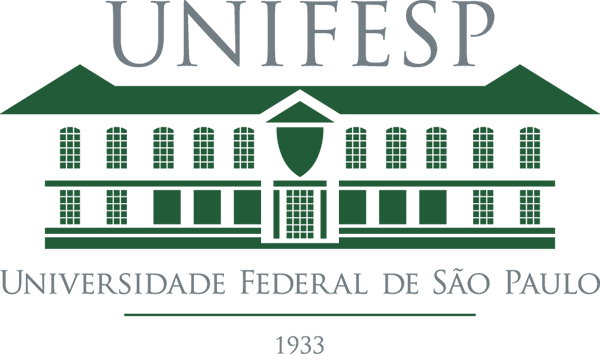
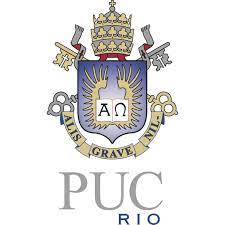

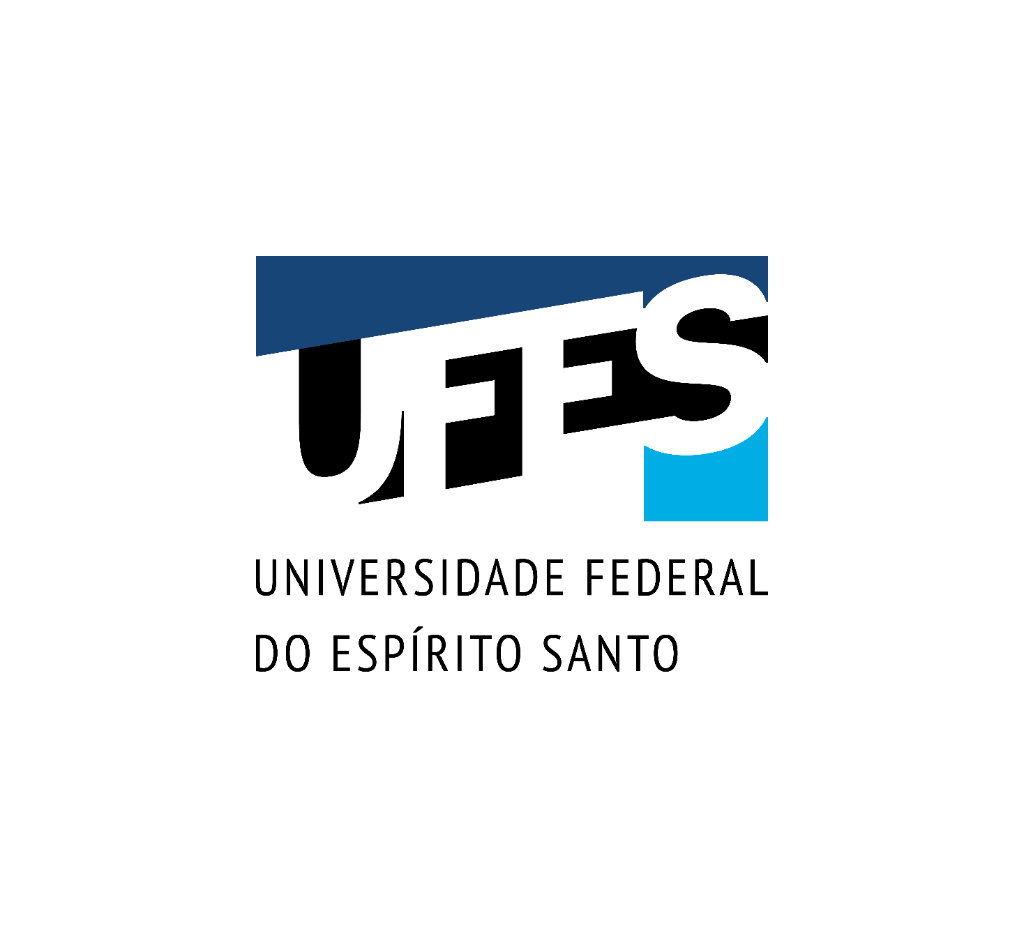



 Esta revista é licenciada pela licença
Esta revista é licenciada pela licença